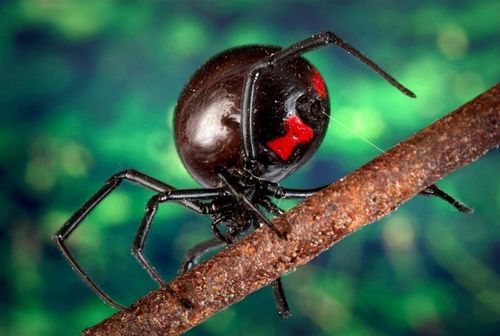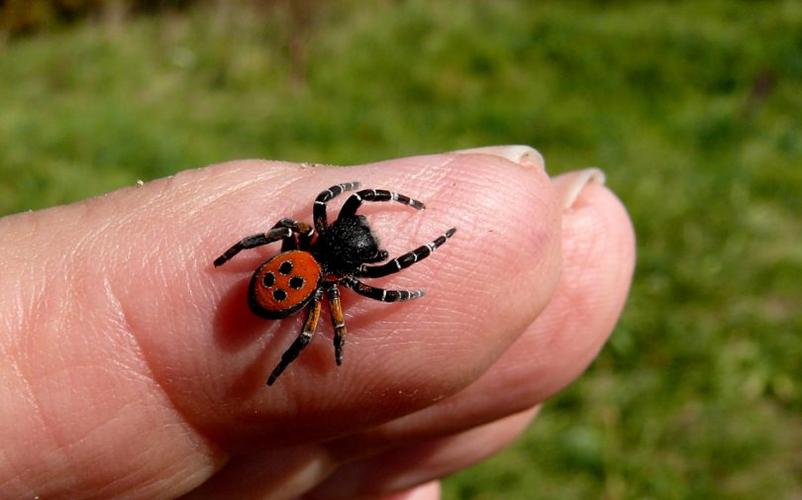
Spider Bites Treatment: A Comprehensive Guide
When it comes to spider bites, it’s crucial to understand the treatment options available to ensure proper care and recovery. Whether you’ve been bitten by a venomous or non-venomous spider, knowing how to treat the bite can make a significant difference in your healing process. In this article, we’ll delve into the various aspects of spider bite treatment, from immediate first aid to long-term care.
Immediate First Aid
After being bitten by a spider, it’s essential to act quickly. Here’s what you should do immediately:

-
Remove any jewelry or tight clothing around the bite area, as swelling may occur.
-
Clean the bite area with soap and water to prevent infection.
-
Apply a cool, wet compress to reduce swelling and pain.
-
Keep the affected area elevated to minimize swelling.

Identifying Venomous Spider Bites
Not all spider bites are venomous, but it’s important to know how to identify a venomous bite. Here are some common signs:
-
Severe pain and swelling at the bite site.
-
Redness and discoloration spreading beyond the bite area.
-
Difficulty breathing or swallowing.
-
Severe nausea or vomiting.
-
Severe weakness or dizziness.
If you suspect a venomous spider bite, seek medical attention immediately.
Medical Treatment for Venomous Spider Bites
In the case of a venomous spider bite, medical treatment may be necessary. Here’s what you can expect:
-
Antivenom: For some venomous spider bites, antivenom may be administered to counteract the venom’s effects.
-
Antihistamines: To reduce swelling and itching.
-
Pain relievers: To manage pain and discomfort.
-
Supportive care: Rest, hydration, and monitoring for any worsening symptoms.
Home Remedies for Spider Bites
In addition to medical treatment, there are several home remedies that can help alleviate symptoms and promote healing:
-
Apply a paste of baking soda and water to the bite area to reduce swelling and pain.
-
Apply a cold compress to the bite area to reduce swelling and numb the pain.
-
Take over-the-counter pain relievers, such as ibuprofen or acetaminophen, to manage pain and inflammation.
-
Keep the affected area elevated to minimize swelling.
Preventing Spider Bites
Preventing spider bites is always better than dealing with the aftermath. Here are some tips to help you avoid getting bitten:
-
Keep your home clean and clutter-free, as spiders are attracted to dark, undisturbed areas.
-
Seal any cracks or gaps around your home, as these can serve as entry points for spiders.
-
Remove any food sources that may attract spiders, such as garbage or pet food.
-
When outdoors, wear protective clothing and shoes, and be cautious when handling wood or other materials that may contain spiders.
When to Seek Medical Attention
While most spider bites can be treated at home, there are certain situations where you should seek medical attention:
-
Severe pain or swelling that doesn’t improve after a few days.
-
Signs of infection, such as redness, warmth, or pus.
-
Difficulty breathing or swallowing.
-
Severe nausea or vomiting.
-
Severe weakness or dizziness.
Remember, it’s always better to err on the side of caution when it comes to spider bites.




